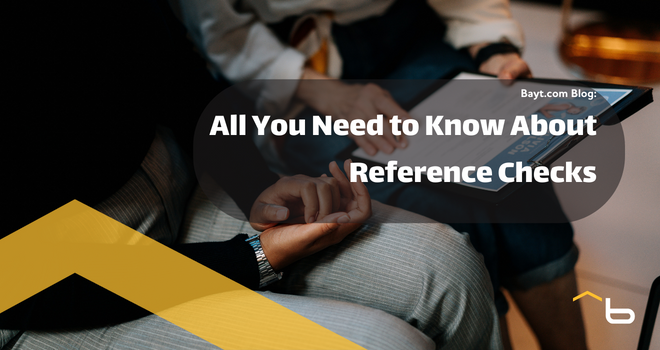
You’re interested in a candidate and want to do some reference checks. But you want to be sure you know the dos and don’ts. We have all the details you need regarding this critical phase of the hiring process here. We’ve covered everything from what reference checks include to why they’re important. So settle down and get ready to learn about reference checks and how they might aid in hiring. Let’s get going!
Follow through to learn more about:
There are two primary categories of reference checks: personal references and professional checks.
Employers acquire a complete knowledge of the candidate’s qualities, capabilities, and compatibility by contacting personal and professional references. It’s like assembling a puzzle, combining several viewpoints to create a whole.
A “no reference policy” can be tricky to understand, but don’t worry! Even without the usual reference checks, there are still ways to learn important details about a candidate. One possibility is investigating alternate sources, such as online professional networks like LinkedIn.
Furthermore, you may understand a candidate’s professional reputation by looking at their connections, endorsements, and recommendations. In-depth interviews and focused questions regarding their prior experiences can also yield insightful information about a person’s abilities, work ethic, and attitude.
Additionally, use your own network as well. Contact any coworkers or friends you share who may have previously worked with the candidate. Although it can take a little more work, it is possible to get past a “no reference policy.”
When conducting reference checks, it’s crucial to know what you may and may not say about a candidate. Even though you want to obtain as much information as possible, you must adhere to moral and legal requirements.
Remember that your objective is to obtain pertinent data to make an informed hiring decision, not to probe into personal information. You must conduct reference checks that offer insightful information while respecting privacy and fairness by acting professionally and abiding by the law.

When conducting reference checks, talking to the right people is essential.
Making an informed hiring decision will help you understand the candidate’s skills, capabilities, and potential development areas.
The candidate’s privacy must be prioritized and protected when doing reference checks. Only communicate pertinent information to those engaged in the hiring process on a need-to-know basis. Maintain sensitive information’s secrecy and ensure it doesn’t get into the wrong hands.
Respecting the candidate’s privacy not only shows professionalism but it also fosters trust and keeps your company’s reputation in good standing. Moreover, keep in mind that reference checks should be done with an eye toward protecting the candidate’s personal and professional privacy while acquiring unbiased information to help with decision-making.
Knowing what to ask when running reference checks is important. To acquire precise and pertinent information, go beyond general queries and tailor your questions. Inquire about the applicant’s accomplishments, potential for growth, and problem-solving techniques.
Ask them about the candidate’s working methods, teamwork skills, and general dependability. You can get insightful knowledge by probing carefully thought-out questions beyond the obvious.
Take notes and pay attention carefully to get the most out of your listening experience. By asking the proper questions, you can learn more about a candidate’s abilities, work ethic, and possible fit with your organization.
In conclusion, reference checks are a crucial part of the hiring process, providing valuable insights into a candidate’s abilities, work ethic, and compatibility. To make informed recruiting decisions and assemble an effective team, remember that it all comes down to acquiring unbiased information. Consider reference checks powerful and use them as a key tool in your hiring process.